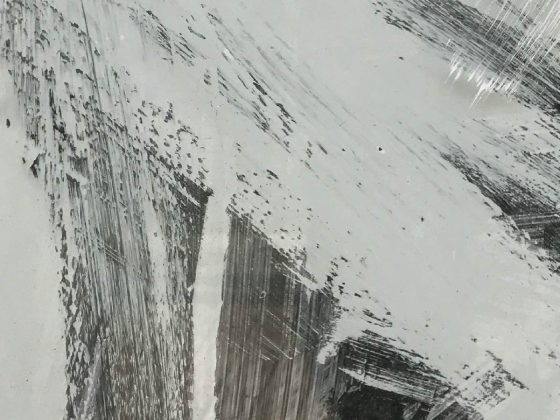Teología y cultura, año 22, vol. 27, número 1 (mayo 2025), pp. 58-75
ISSN 1668-6233
En esta investigación preliminar me propongo indagar sobre el itinerario de Henry Carroll, un actor relevante del escenario político y religioso norteamericano en relación con América Latina y el Caribe entre fines del siglo XIX y comienzos del XX. En torno de su figura y su desempeño queda expresado el carácter ambiguo y contradictorio que debieron enfrentar líderes destacados de las sociedades misioneras protestantes en momentos en que se iniciaba una nueva etapa de la expansión imperialista estadounidense a partir de la Guerra Hispano-Americana en 1898 En este trabajo, más allá de intentar reconstruir el ámbito en el que se desarrolló la carrera periodística de Carroll y las influencias recibidas, me detendré en el análisis de una de sus obras, Religious Progress of the Negro (1892), para estudiar la mirada sobre los afrodescendientes, su espiritualidad y las necesidades que percibía.
Palabras clave: Negros. Carroll. Misiones. América Latina.
Abstract: In this preliminary research, I intend to explore the itinerary of Henry Carroll, a significant figure in the North American political and religious landscape with regard to Latin America and the Caribbean between the late 19th and early 20th centuries. Carroll’s trajectory embodies the ambiguous and often-contradictory role that leading figures of Protestant missionary societies had to navigate during the emergence of a new phase of U.S. imperial expansion following the Spanish-American War of 1898. Beyond reconstructing the context in which Carroll’s journalistic career developed and the influences he received, this study will focus on an analysis of one of his key works, Religious Progress of the Negro (1892), in order to study his perspectives on Afro-descendants, their spirituality, and the needs he perceived.











